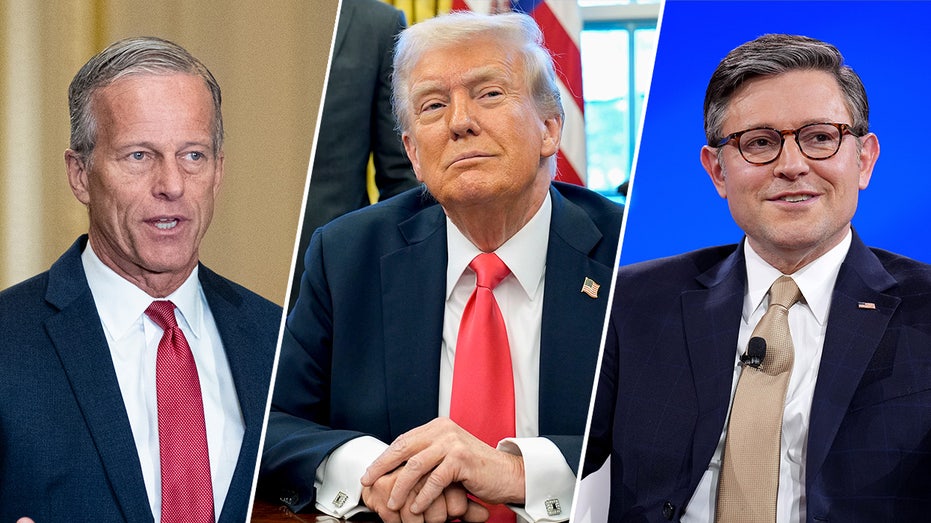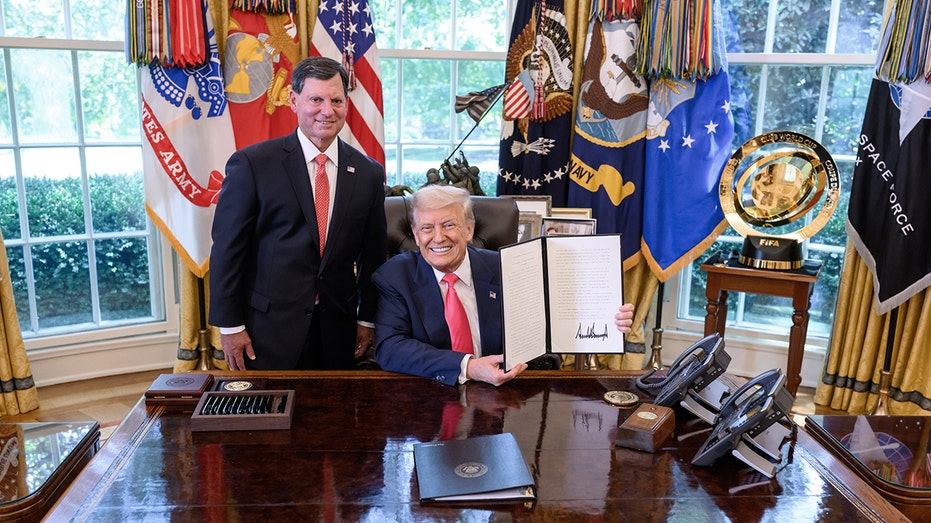A political showdown is brewing over the future of healthcare subsidies, and the fate of millions hangs in the balance. Enhanced during the pandemic, these financial boosts—originally championed under the previous administration—are set to expire, threatening a surge in health insurance premiums for countless Americans.
Republicans in Congress are grappling with how to address the looming crisis, but a clear path forward remains elusive. While acknowledging the need to act as costs climb, many are hesitant to simply extend the existing subsidies, preferring alternative solutions. The challenge is compounded by differing approaches between the House and Senate, raising doubts about a timely resolution.
In the Senate, a promise of a vote on Democratic proposals has been offered, but any legislation will require significant bipartisan support to overcome procedural hurdles. A major sticking point is the potential inclusion of the Hyde amendment, a long-standing provision restricting federal funding for abortions, which could derail negotiations.
A growing consensus among Senate Republicans centers on redirecting subsidy funds into Health Savings Accounts (HSAs), a concept reportedly favored by former President Trump. This approach, initially proposed by Senator Rick Scott, aims to put money directly into the hands of consumers, rather than bolstering insurance companies.
Senator Bill Cassidy, chairing the Senate Health Committee, envisions a plan originating from his committee and the Finance Committee, hoping for bipartisan collaboration. However, he acknowledges a crucial reality: any viable solution must align with the direction set by President Trump.
Meanwhile, in the House, Republicans are exploring a second legislative package utilizing the budget reconciliation process—a maneuver that bypasses the Senate’s filibuster rules and allows passage with a simple majority. The goal is to create a more affordable, transparent, and competitive healthcare market.
Some House Republicans are advocating for reforms targeting cost-sharing reductions, pharmaceutical pricing, and the role of Pharmacy Benefit Managers (PBMs)—intermediaries often criticized for driving up prescription drug costs. These proposed changes aim to address systemic issues within the healthcare system.
However, skepticism exists within the House GOP regarding the feasibility of another reconciliation bill, given the complexities and political challenges of the previous effort. Concerns linger about ensuring funds are allocated as intended and achieving meaningful results.
Ultimately, the future of these healthcare subsidies—and the affordability of healthcare for millions—rests on a delicate balance of political maneuvering and a critical question: will Democrats be willing to compromise on the Hyde amendment, and will President Trump endorse the final outcome?






